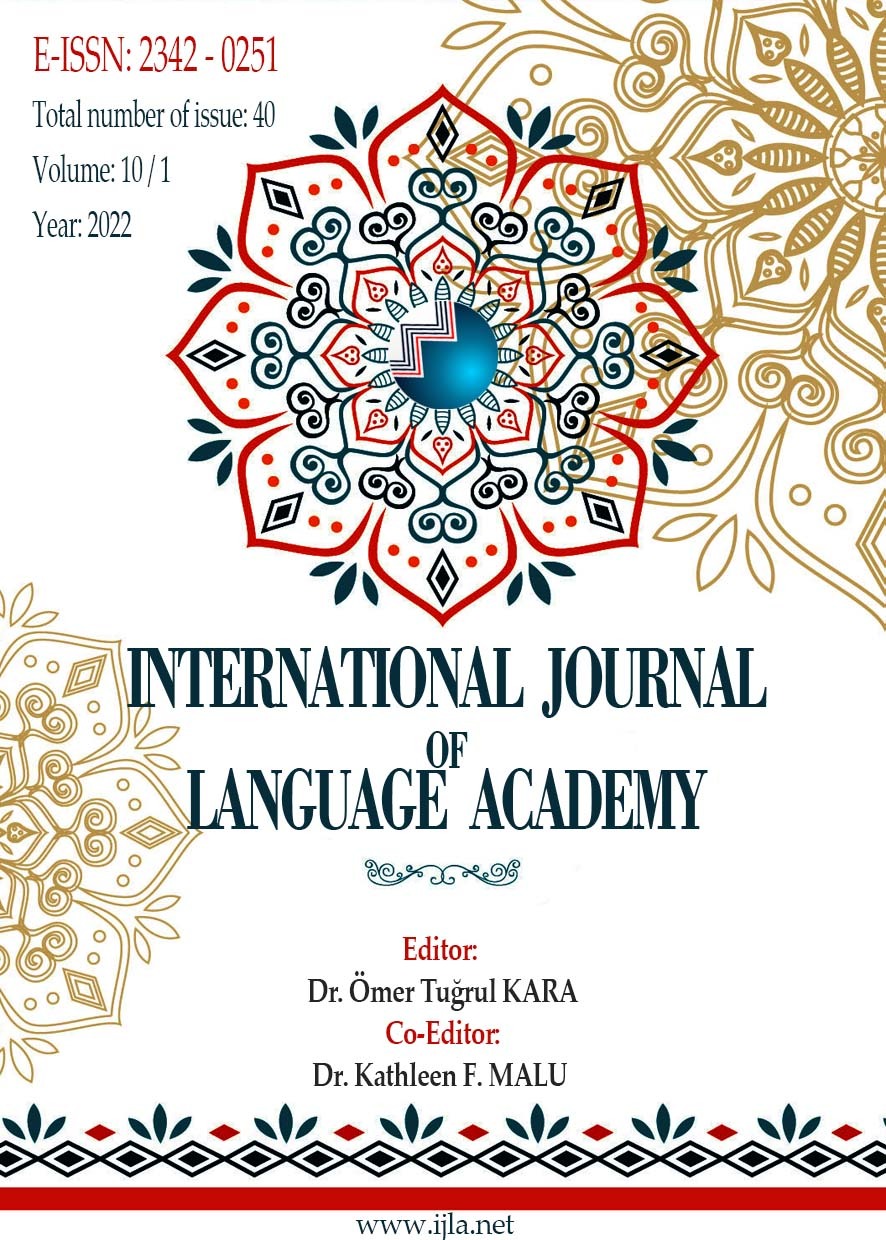Author :
Abstract
Keywords
Abstract
Villette begins with Lucy Snowe’s, a 14 year old protagonist, living with Mrs. Bretton and her teenager son, John Graham Bretton. She soon leaves Mrs. Bretton to be hired as a caretaker to a crippled woman, Miss Marchmont. When Miss Marchmont dies, Lucy is left helpless and destitute. She then leaves the countryside and travels to the city of Villette. Here, she finds a job as an English teacher at a boarding school for girls. She gradually gets closer to an irascible and autocratic professor, M. Paul Emanuel. Before his departure to a plantation in West Indies, M. Paul arranges Lucy to live independently as the headmistress of her own boarding school. Living in the grim Victorian era of male-dominated society, Lucy overcomes the barriers that have surrounded her. Female oppression is manifested through her employment conditions, religious teachings and artistic displays. Harsh employment conditions are fleshed out through domineering Madame Beck character, whilst religious aspect of oppression comes in form of Roman Catholic Church’s teachings. The repression is reflected and furthered through decorum of the Roman Catholic paintings and sculpture. The study analyzes use of Foucault’s panopticon in subjugation of woman, deviation from gender roles, and finally Lucy’s liberation from patriarchal norms in the selected text. Lucy goes through tribulations of poverty, alienation, and loneliness. As a professional and an artist in her own independent establishment, Lucy defies patriarchal norms of dependence on men and proves herself in intellectual pursuits. She flourishes in her career and follows the successful example of Madame Beck. By being directress of her own pensionnat, Lucy is able define her roles outside of a wife or a lover. She eventually liberates herself from the constraints of patriarchy and gains a vibrant energy which she lacked at the beginning.
Keywords
- Bentham, J. (2010). The panopticon writings. London: Verso Books.
- Brontë, C. (2008). Villette. New York: Oxford University Press.
- Bruno, E, A. (2016). Deconstructing panopticism into the plural panopticons. Beyond
- Ekler, O. (2015). Pre-oedipal lucy snowe: Isis unbound over castrated male body. Electronic International Journal of Education Arts and Science, 1(1). USA: Ohio.
- Foucault, M. (1977). Discipline and punish: The birth of the prison. New York: Penguin Books
- Foucault, M, et al. (2008). Psychiatric power: Lectures at the collège de France. New York: Picador.
- Foucault, M. (2009). The subject and power. New York: Chicago Press.
- Jackson, R. (2018). Empty letters and the ghost of desire in Charlotte Bronte's Villette. Bronte Studies 35(2), Web. 26, 2020.
- Chofield, P. (2009). Panopticon, in Bentham: A guide for the perplexed. Bodmin: Continuum, p.70.
- Shuttleworth, S. (1996). Charlotte Brontë and victorian psychology. New York: Cambridge UP.
- Menon, P. (2003). “Should we try to counteract this influence?’ Jane Eyre, Shirley and Villette” Austen, Eliot, Charlotte Bronte and the Mentor-Lover. Houndmills, Basingstoke, Hampshire; New York: Palgrave Macmillan, p. 98-128.
- Millett, K. (1969). Sexual politics. New York: Doubleday.
- Wein, T. (1999). Gothic desire in Charlotte Bronte’s Villette. Studies in English Literature, 39(4): 733-746.
